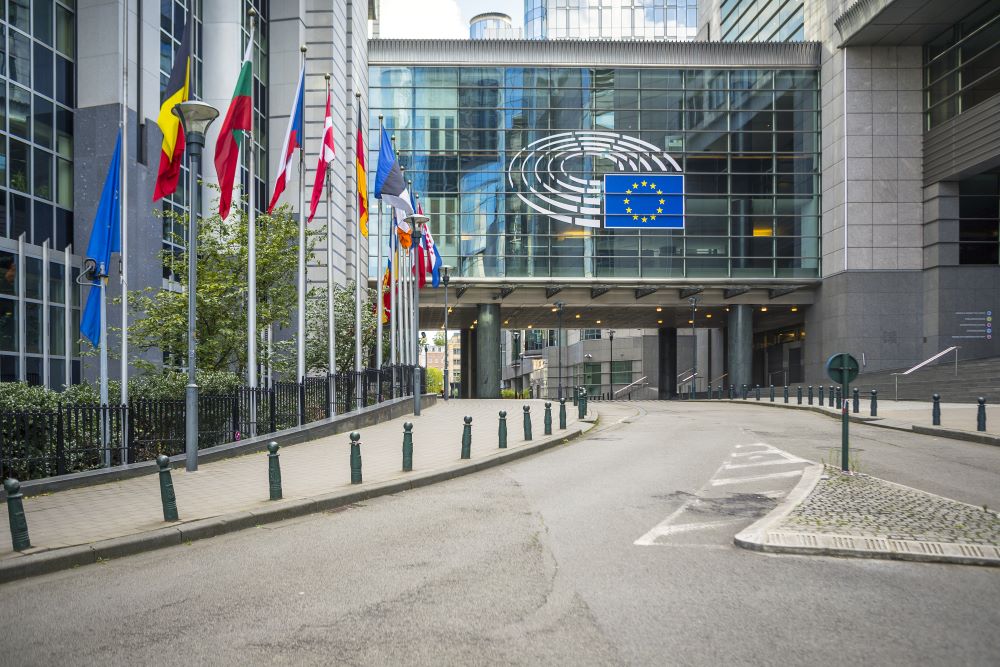
The British government has accepted the Brussels’ request for more time to ratify the UK-EU trade deal agreed to at the end of last year, with a new deadline of 30 April now confirmed.
EU countries will now have an extra two months to scrutinise the 1,246-page deal in all 24 European languages, Reuters reports.
The UK ratified the agreement on 30 December 2020.
No more delays
Minister Michael Gove confirmed the extension on Tuesday in a letter to his contemporary Maros Sefcovic, the vice president of the European Commission.
According to the Independent, some cabinet ministers didn’t support the UK’s acceptance of the request, insisting the provisional application given in December should end this month. They warned the Prime Minister and Gove that prolonging the process could create “uncertainty”.
Gove said that Britain expected no more delays in the process.
Mistranslation
The EU requested more time for ratification after spotting issues with the translations of the agreement.
European officials told the FT that the translations were “done with great haste in the run-up to 31 December” and “need careful checking”.
Trade experts have also started to discover errors and want to ensure that all translations are matched.
EU officials said there was no danger of the trade deal lapsing due to delays to ratification.
Partnership Council hold up
Politico reports that Michael Gove said that the EU-UK Joint Partnership Council for overseeing the trade deal should not begin to formally operate while the agreement is still only being provisionally applied.
He said it should only intervene “where there are essential decisions which cannot be deferred”.
NI tensions
The one area the council has already been convened for is continued tension around the implementation of the Northern Ireland Protocol.
Under 2019’s Withdrawal Agreement, Northern Ireland continues to operate under EU single market rules to avoid the requirement for a hard border on the island of Ireland.
However, the requirement for British companies to complete customs declarations and other processes when trading with Northern Ireland has resulted in trade friction.
Unfettered
The Protocol has been blamed for supply chain delays and shortages of some products in Northern Ireland.
The region’s largest political party, the Democratic Unionist Party (DUP), opposes the Protocol and has called for the immediate removal of “any impediment or barrier to unfettered trade within the United Kingdom”, the Irish Times reports.


